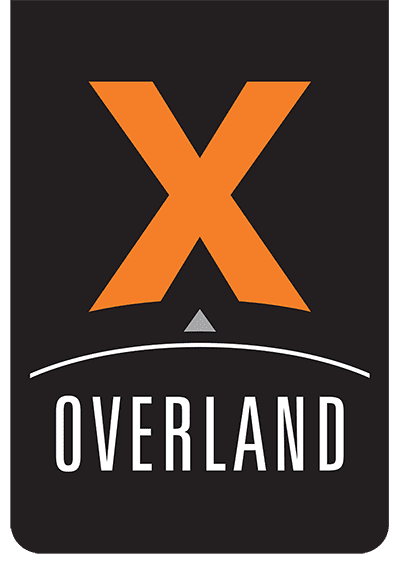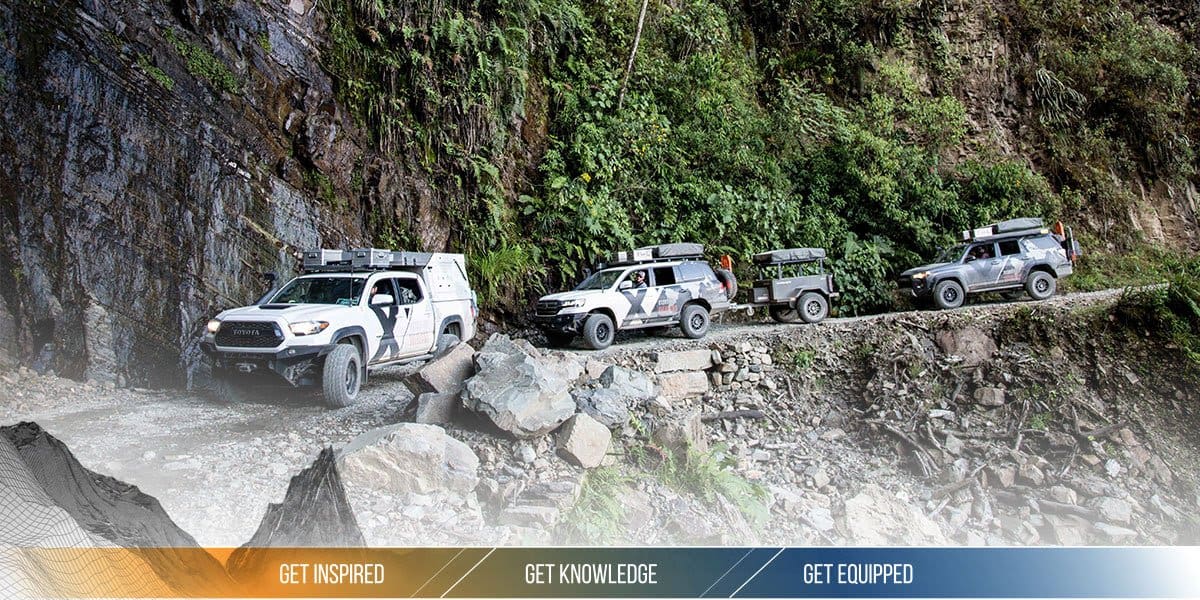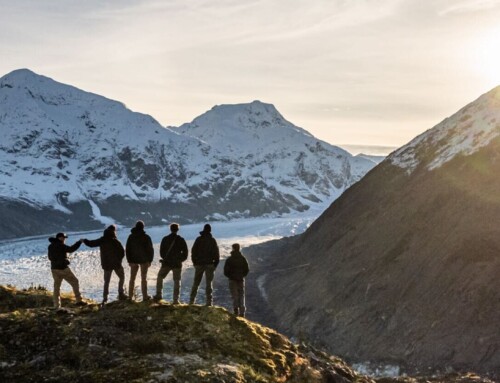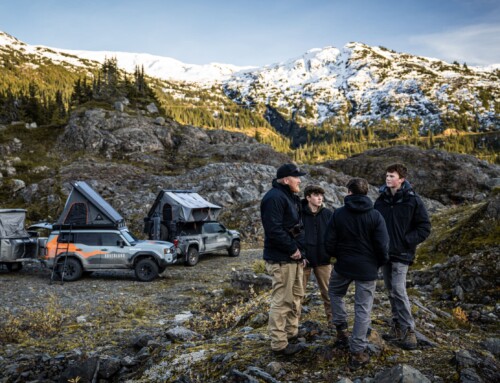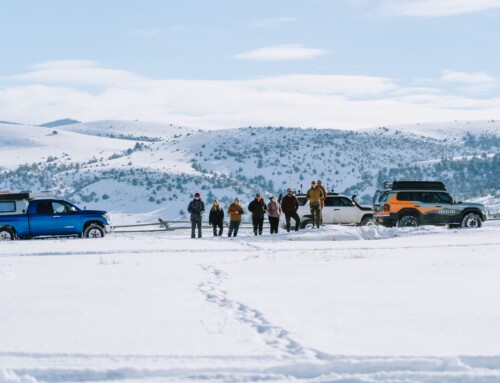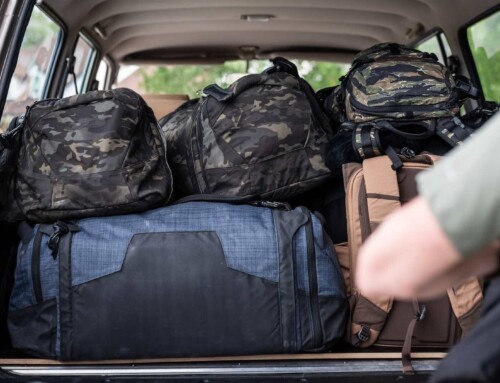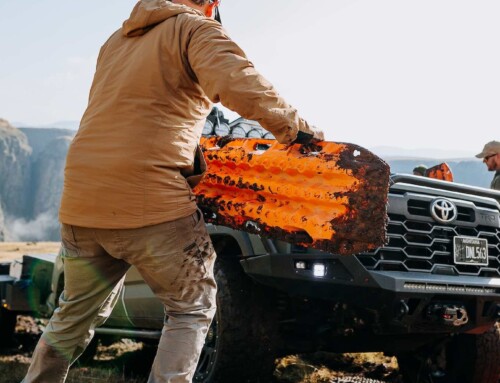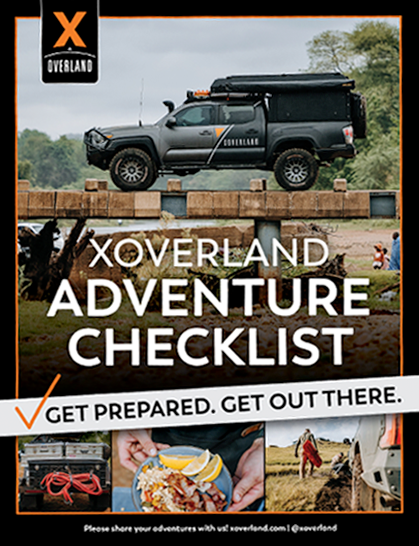There has been a lot of buzz around this term, especially over the past few years, so we thought we would dive in and give our two cents, some history and information on the topic. We’ve also included some additional resources for those who are interested in digging deeper on the subject.
A brief history of overlanding
The history of overlanding is generally agreed to have originated in Australia. It was used to describe the herding of livestock across great distances, either to open up new grazing grounds or to transport the livestock.

Overland Journal defines Overlanding as the following:
Overlanding is self-reliant adventure travel to remote destinations where the journey is the principal goal. Typically, but not exclusively, it is accomplished with mechanized off-road capable transport (from bicycles to trucks) where the principal form of lodging is camping, often lasting for extended lengths of time (months to years) and spanning international boundaries.
On the Overland Journal Podcast, founder Scott Brady and co-host Matt Scott suggest that you ask yourselves these following questions to determine if you are, in fact, overlanding.
- Am I traveling remotely?
- Am I experiencing a culture unique from my own?
- Am I visiting an under-explored or under-documented region?
- Am I traveling self-supported in unfamiliar territories for multiple days, weeks, months, or years?
What overlanding means to us
We at Expedition Overland agree with the above definitions. Overlanding, for us, was and still is something we aspire to accomplish and strive to improve at. When we started Expedition Overland, each one of those weekend warrior trips within the U.S. prepared us for the longer and larger trips we hoped to someday take. It wasn’t until 2013 when we crossed the Canadian border and traveled over six weeks through Alaska and the Yukon, that we really considered what we did to be ‘overlanding’.


Similar to a mountaineer, rock-crawler, cyclist, etc. the ‘overlander’ requires a set of skills, learned by experience, time, and knowledge. Can anyone do it? Absolutely! Can you go on weekend trips around your home and ‘car camp’ or ‘tour’ instead of ‘overland’? You bet, and you should. Those trips are a fantastic way to prepare you for a larger scale adventure and they are tons of fun! We think that Richard & Ashley of Desk To Glory also hit the nail on the head with the following statement:
“Now, all of this is not to turn up our noses and point fingers and say “You aren’t an overlander!” We aren’t special or better than anyone because we crossed many borders and drove to Argentina – we just have a different set of skills and experience.”
Richard & Ashley of Desk to Glory

We couldn’t agree more! Traveling to other countries by vehicle (or bikes) for long periods of time really takes you out of your comfort zone. A long-term trip also forces you to learn and problem solve things you wouldn’t have to in your own country. A new language, different food, finding parts for your vehicle – these are just a few of the skills you will learn on the road, and tools that you will use the rest of your life.
We hope this information helps wherever you may be on your journey! We would also love to hear all about your ‘overlanding’ adventures around the world! Where did you go and for how long? How did you accomplish your goals? We’ll be sharing some of your stories on our social platforms, so make sure to use the hashtag #myoverlandadventure to be featured!
Until next time…be inspired!!
~Clay & Rachelle Croft
Overlanders To Be Inspired By:
Additional Resources:
- Richard & Ashley of Desk to Glory wrote a great article with their take on the subject here.
- ‘What is Overlanding’ from Overland Journal
- Overland Journal also just released a great podcast on the topic here
- Our Oh Hey There! by Jeff episode on the Overlanding Mindset
